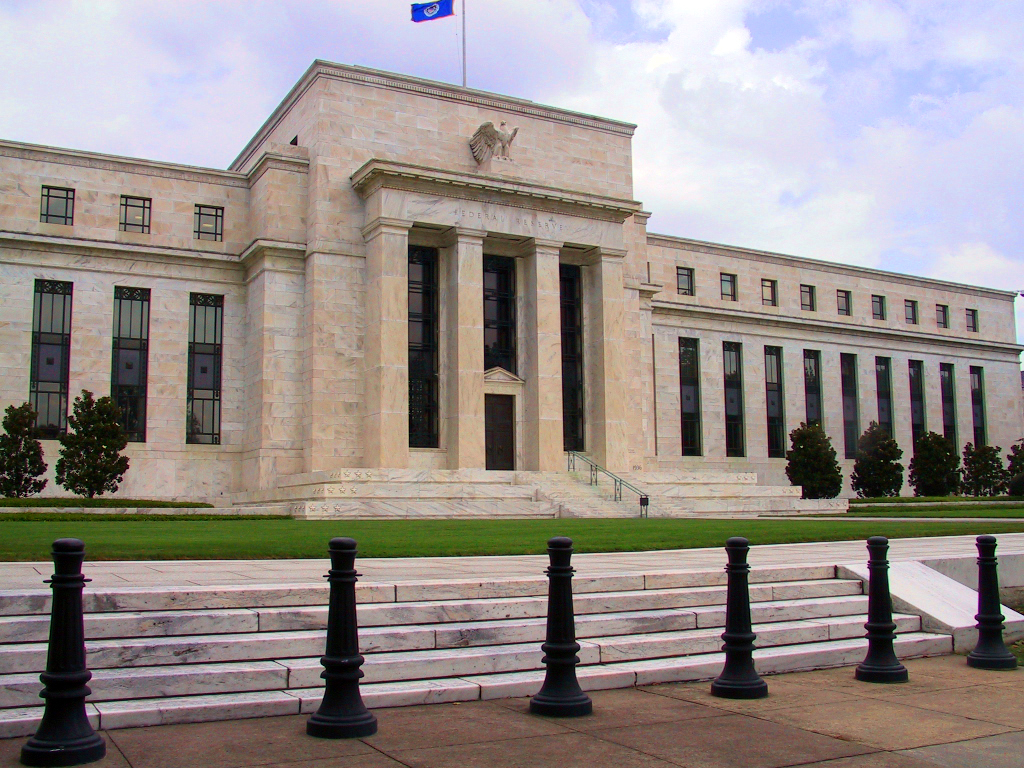Experienced Investor
Federal Reserve sounds hawkish note after ending QE

The US Federal Reserve has concluded the tapering of its multi-year bond buying programme and begun turning its attention to a future interest rate hike.
The central bank said on Wednesday the US labour market has made “significant gains” in recent months, making the economy strong enough to withstand the full withdrawal of QE3.
In a more hawkish statement than usual, the Federal Open Market Committee (FOMC) said excess supply of labour is “gradually diminishing”, having previously said there was “significant underutilisation” of the labour market.
“The committee judges that there has been a substantial improvement in the outlook for the labor market since the inception of its current asset purchase programme.
“Moreover, the committee continues to see sufficient underlying strength in the broader economy to support ongoing progress toward maximum employment in a context of price stability.”
The US dollar rallied to three-month high against a broad basket of currencies following the news, while the yield on the five year US treasury note jumped.
Meanwhile, interest rate rise expectations shifted to price in a hike in September 2015, slightly earlier than the originally expected October date.
However, the Fed also continued to sound a note of caution, saying: “The committee currently anticipates that, even after employment and inflation are near mandate-consistent levels, economic conditions may, for some time, warrant keeping the target federal funds rate below levels the committee views as normal in the longer run.”
The central bank began buying bonds in the aftermath of the financial crisis and has expanded its QE programme twice since then, with the QE3 programme starting late 2012.
Since then, the S&P 500 index has risen more than 40 per cent, as the liquidity injection helped boost stock prices, and the unemployment rate has fallen sharply to below 6 per cent.
However, recent weeks have seen a return to volatility across equity markets, as investor sentiment was hit by fears of an economic slowdown in Europe and elsewhere